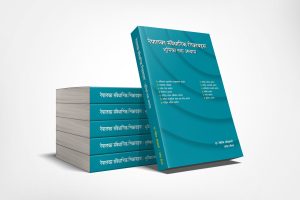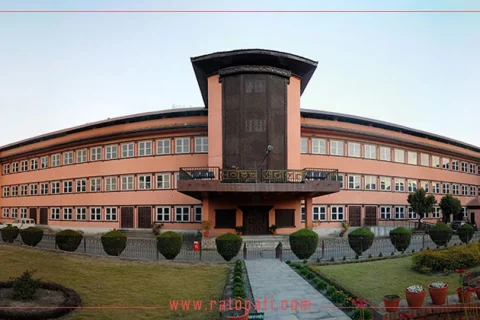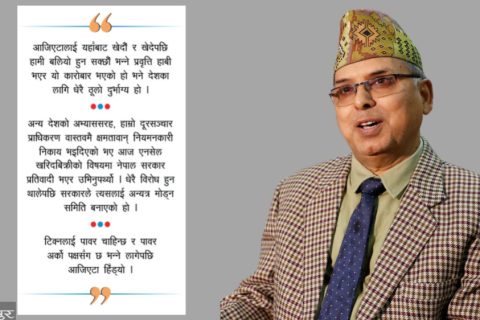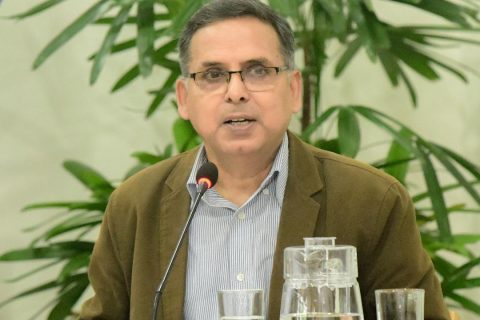Prime Minister KP Sharma Oli’s government on Sunday recommended House dissolution, raising questions about its constitutional validity.
The Constitution of Nepal promulgated in 2015 does not have a clear provision for House dissolution.
What does the constitution say?
Article 85 (1) states that unless dissolved earlier pursuant to this constitution, the term of the House of Representatives shall be five years.
Since it was established in 2018 following elections under the new constitution in November-December 2017, the House of Representatives has not been dissolved earlier, its term shall be five years.
Purna Man Shakya, also an expert on constitutional affairs, said dissolution of the House is not possible unless there is a problem in the formation of government.
“There is no provision in the constitution for the prime minister leading nearly a two-thirds majority government to dissolve the House,” said Shakya, the chairman-elect of the Supreme Court Bar Association. “If the President refuses to block the government’s move, only the Supreme Court can revive the House. There is no other way.”
Another provision that mentions House dissolution is in Article 76.
The different clauses of this article relate to the situation when the prime minister appointed to lead a government in a hung parliament cannot get the required majority vote with support from another party or other parties.
Article 76 (7) states, “In cases where the Prime Minister appointed under clause (5) fails to obtain a vote of confidence or the Prime Minister cannot be appointed, the President shall, on recommendation of the Prime Minister, dissolve the House of Representatives and appoint a date of election so that the election to another House of Representatives is completed within six months.”
Clause 5 relates to a member of the House of Representative claiming that he or she can get the required majority vote.
Article 76 (7) is the only clause in the constitution that clearly mentions when the House of Representatives can be dissolved.
Currently, Prime Minister Oli enjoys not just a simple majority but nearly two-thirds majority as his party has over 170 seats in the 275-member House of Representatives.
Bipin Adhikari, former dean at Kathmandu University School of Law, said that Oli’s House dissolution move is unconstitutional and that the President must not approve it.
“It is the time for the President to use her conscience and reject the executive’s unconstitutional recommendation,” Adhikari told the Post. “She should immediately hold a meeting with all the parties in Parliament and experts.”








